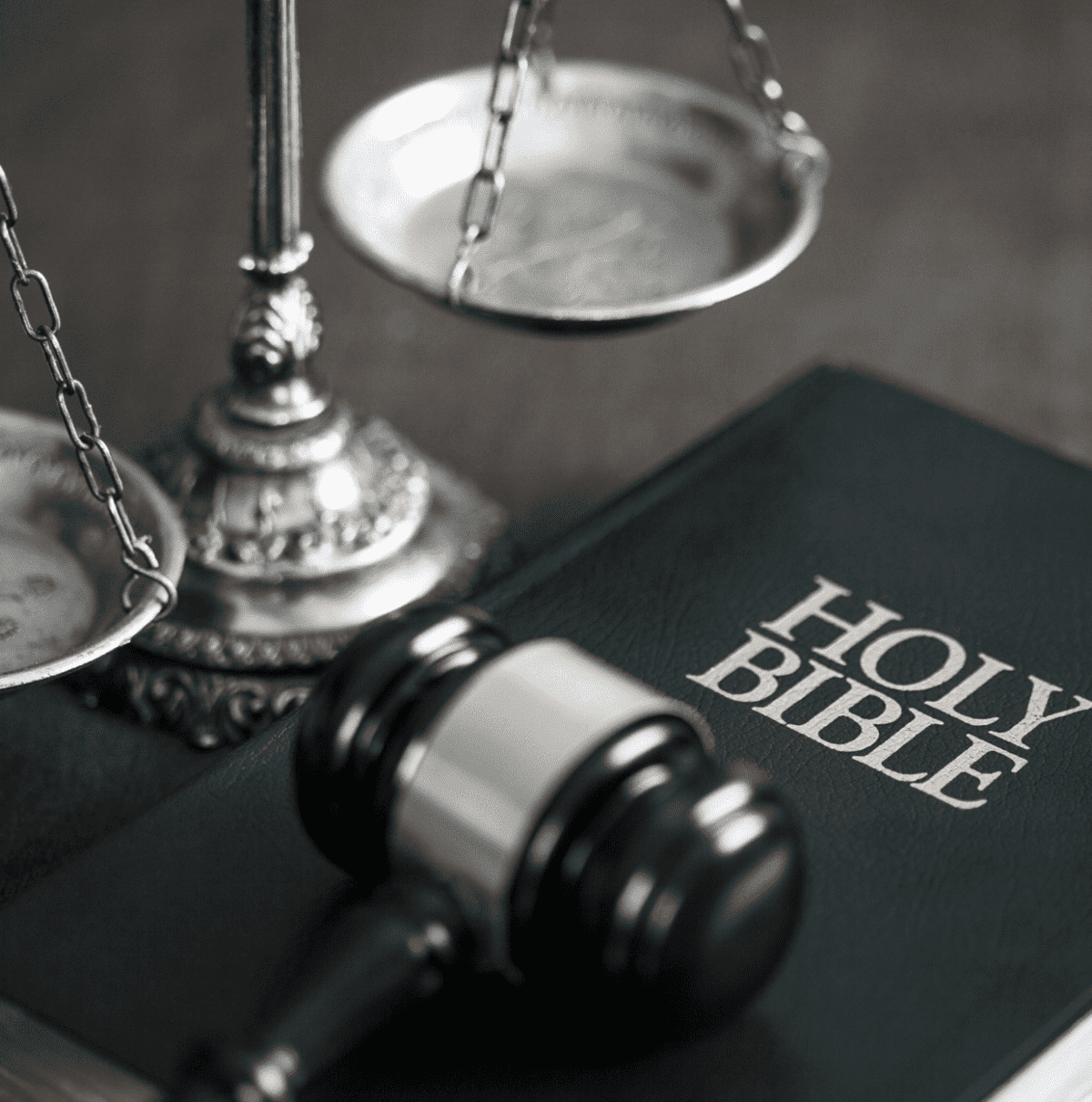ORLANDO | We have previously provided a broad overview of the new Penal Code and how it fits into the legal system of the Church. It might be helpful for us now to look at some concrete changes. These are by no means exhaustive, but hopefully, they can help us better understand the Church’s effort to keep a balance between justice and mercy.
When a person commits a crime, there are circumstances which might mitigate or aggravate the outcome. For example, in the past, drunkenness was considered a mitigating factor, since alcohol impairs judgment. It since has been modified to be an aggravating reason, especially if the person intentionally uses alcohol to embolden their intent to perpetrate a crime (cf. c.1326 §1, 4º). Having honor and office in the church is another aggravating circumstance. Before, the judge, in consideration of it, can impose a penalty according to his discretion. Now, the law itself spells out specific penalties for offenses committed in this circumstance. Let’s say a cleric (bishop, priest, or deacon) commits a crime against human life (homicide or direct cooperation in an abortion), the penalty could likely be dismissal from the clerical state (cf c.1397 §3); or, if a pastor gravely neglects his management of the parish, he could be punished severely, not excluding being removed as a pastor (cf c.1376 §2, 2o).
Concerning penalties, the Church has two types of penalties: censures and expiatory. The first is used primarily to reform an offender. The second aims at repairing damages. One of the censures is suspension. When someone is suspended, they cannot lawfully carry out their functions/responsibilities. Before, this censure impacted only the clergy. Now, a lay person who exercises a church function can also be suspended (cf. c.1333 §1). The time frame within which a person can be prosecuted (statute of limitations) has also been changed. Excluding those crimes reserved to the Apostolic See, the window to prosecute for several offenses, especially financial misconducts or special obligations, is extended from five years to seven years.
Specific categories of crimes were significantly modified. One of the most noteworthy changes ought to be the one regarding to the heinous crime of abuse of minors and vulnerable adults. Previously, this crime was categorized under Delicts against Special Obligations, specifically, the obligation of continence and celibacy (cf. c.277 §1). The penalty has always been grave, not excluding dismissal from the clerical state. However, there was a problem. This obligation applied only to clergy. So, if a religious brother or sister, or a teacher who is not a cleric abused a minor, he or she could not be punished according to former penal code. The revised Book VI puts this crime under Delicts against Human Life, Dignity and Liberty. First, it rightly emphasizes that sexual abuse is not just a crime against an obligation, it is an offense against the dignity of a person created in God’s image. Second, it expands the scope of prosecution so that those who have done harm, regardless of status and vocation, are not able to get away with it because of technicalities.
We believe in God who is merciful. So, it is strange to discuss crimes and punishments. However, while God is loving, he is also just. Without justice, mercy is not possible. Hence, the new penal code aims to be, “an instrument for the good of souls and that its prescriptions will be applied…whenever necessary, with justice and mercy, in the awareness that it is… a duty of justice — an eminent cardinal virtue — to impose punishment when the good of the faithful demands it.” (Pope Francis, Pascite gregem Dei).
By Father Martin Nguyen, Special to the Florida Catholic, Part 2 of a 2-part series, January 19, 2022

